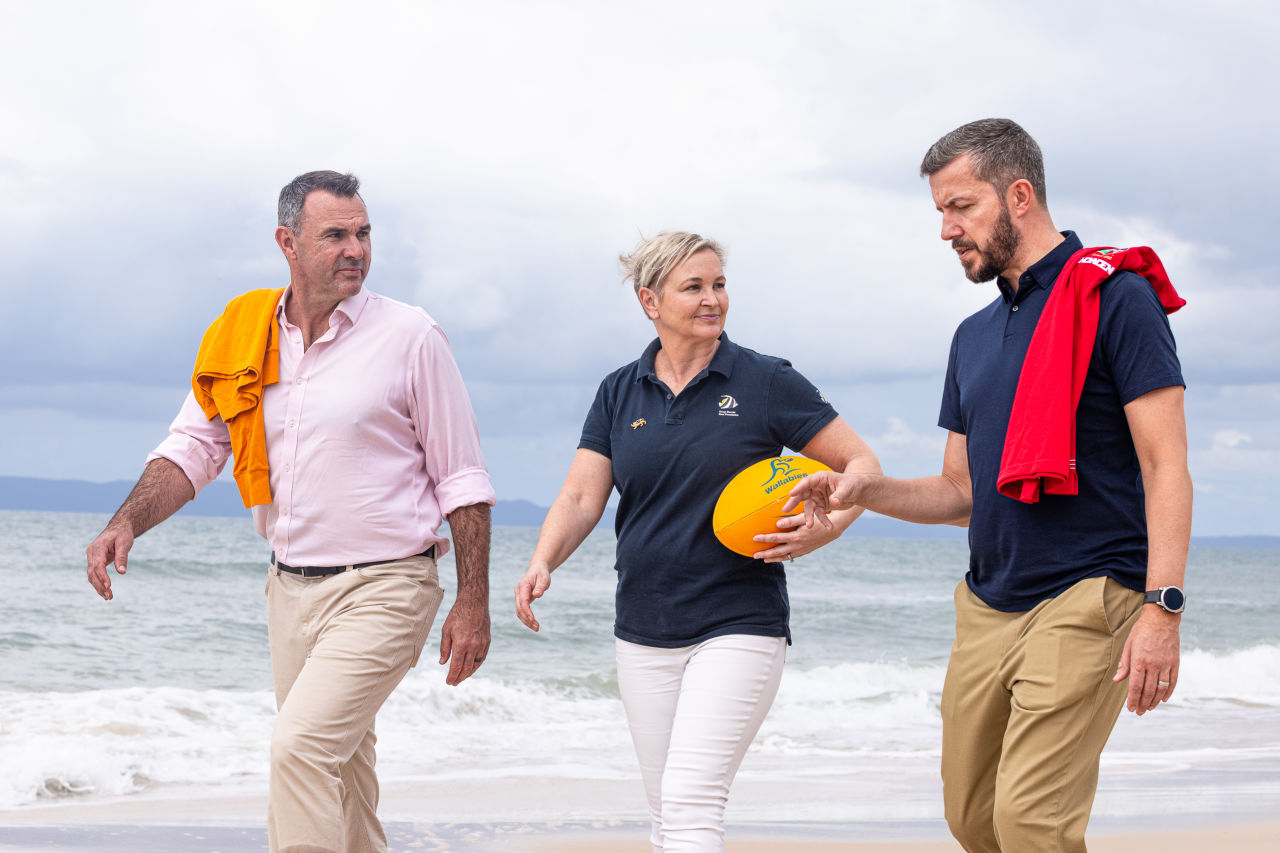Knox City Council has declared a climate emergency, reaffirming its strong commitment to climate change mitigation and adaption.
Knox Mayor, Cr Susan Laukens said declaring a climate emergency was an act of leadership.
“Council has previously publicly acknowledged that we recognise we are in a climate emergency when adopting our Climate Response Plan last September,” she said.
“Council’s 10-year Climate Response Plan identifies 56 actions to help reduce greenhouse emissions.
“Declaring a climate emergency strengthens our position and recognises the role that Council plays in relation to climate change and how seriously and urgently we are treating this issue.
“Reducing greenhouse gas emissions is a shared responsibility between all levels of government, business and the community.
“We are taking action to support our community to achieve net zero emissions by 2040 and to reach this target in our own operations by 2030.”
The number of councils who declare a climate emergency is tracked by the global advocacy group, Climate Emergency Declaration and Mobilisation in Action (CEDAMIA).
A total of $33 million is expected to be invested over a decade to implement actions in the Climate Response Plan, which include supporting vulnerable residents to stay safe in hot weather, creating tree-lined streetscapes, encouraging more people to use active and public transport and replacing streetlights with energy efficient LEDs.
Actions taken by Council as part of implementing the plan to date include:
- Advocating for zero carbon development through a joint planning scheme amendment with 23 other Victorian councils
- Replacing over 500 streetlights with energy efficient LEDs in Boronia and installing LEDs at Dorset Square Shopping Centre and Knox Athletics car parks
- Solar installations at 11 Council facilities generating 156 kilowatts
- Making six energy and water saving kits available for library loan and hosting webinars on EVs, all-electric homes and solar panels for home and business
- Commencing development of the Knox Biodiversity Resilience Plan, including tree canopy analysis and a habitat corridor plan
- Identifying urban heat islands in vulnerable populations to map out potential treatments such as street tree planting or cool transit routes
- Planning seven parking spaces for Electric Vehicle (EV) charging points, exploring partnerships with EV charging service providers and reviewing Council’s fleet policy to transition to EVs for Council’s passenger pool vehicles
- Starting a Power Purchase Agreement to power all Council streetlights with wind energy
- Joining the Cities Power Partnership (Australia’s largest network of local councils working for a zero-emissions future) and the State Government Voluntary Pledge to demonstrate our commitment to climate action





